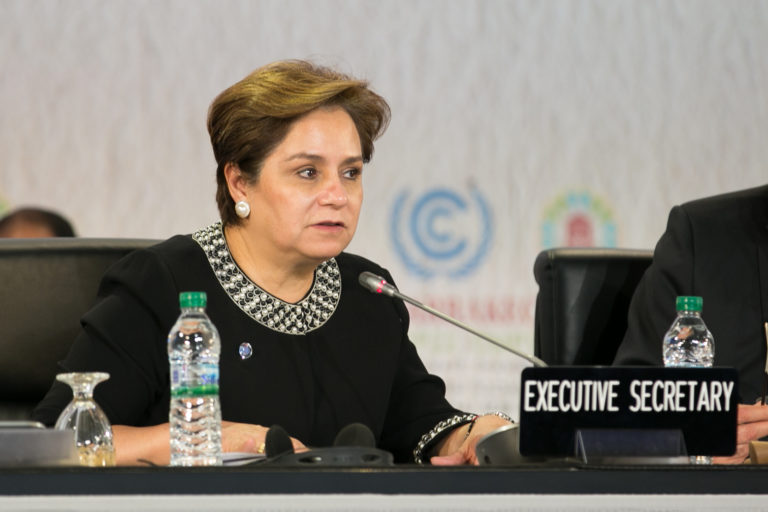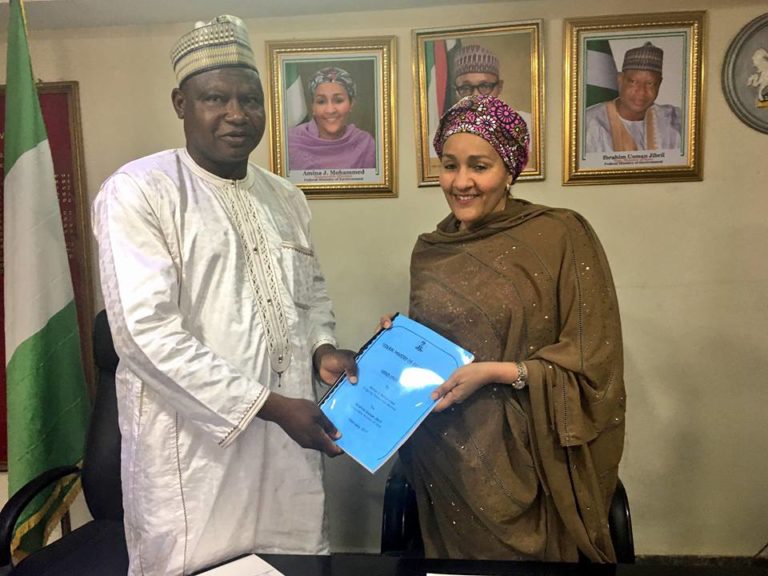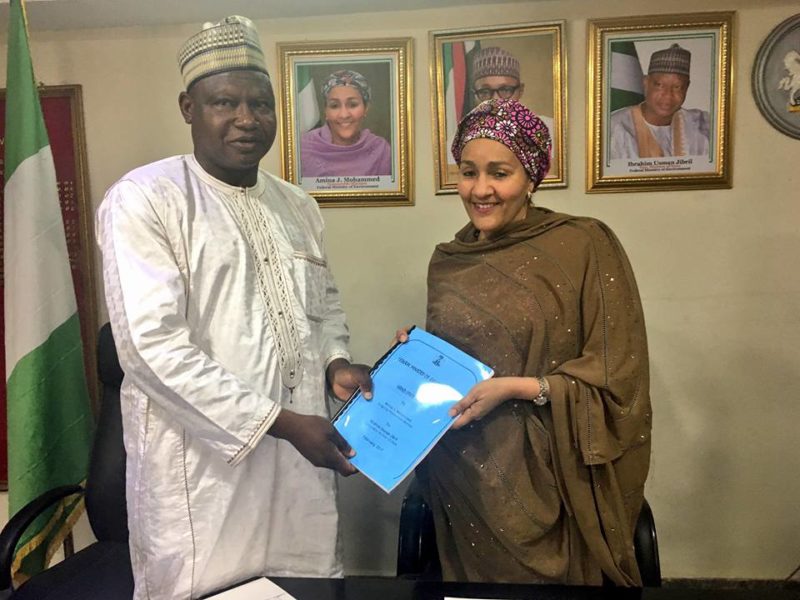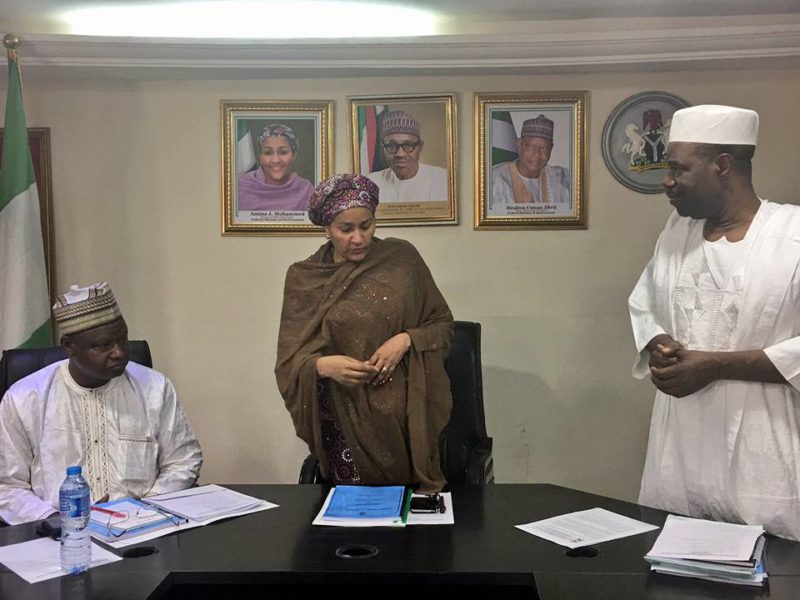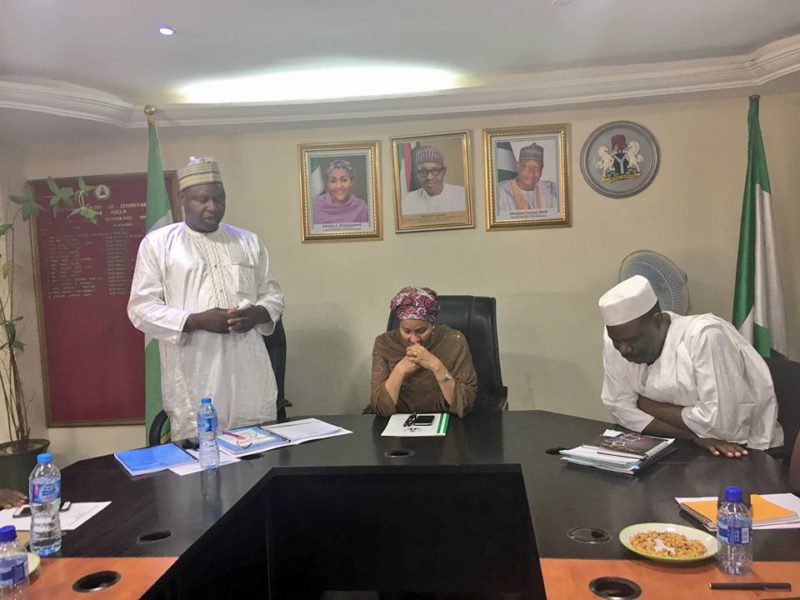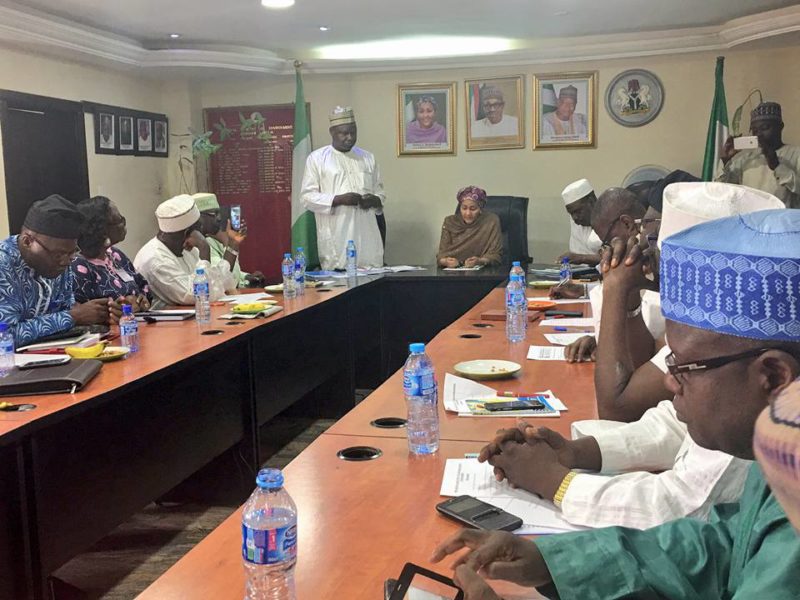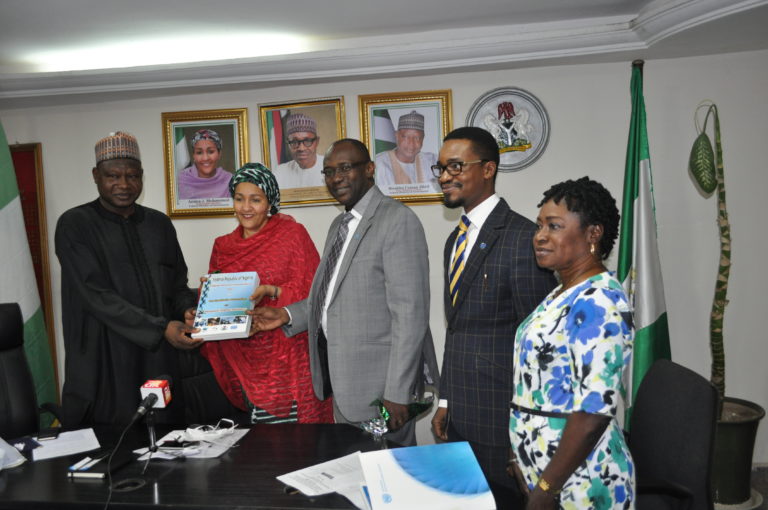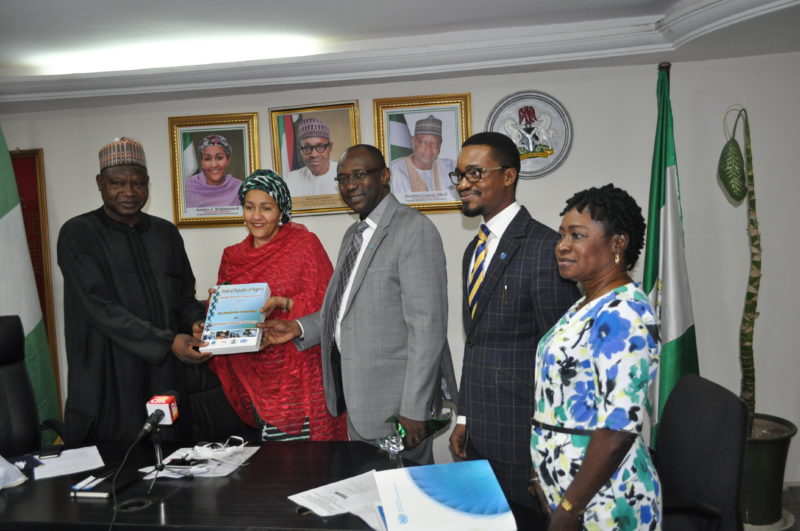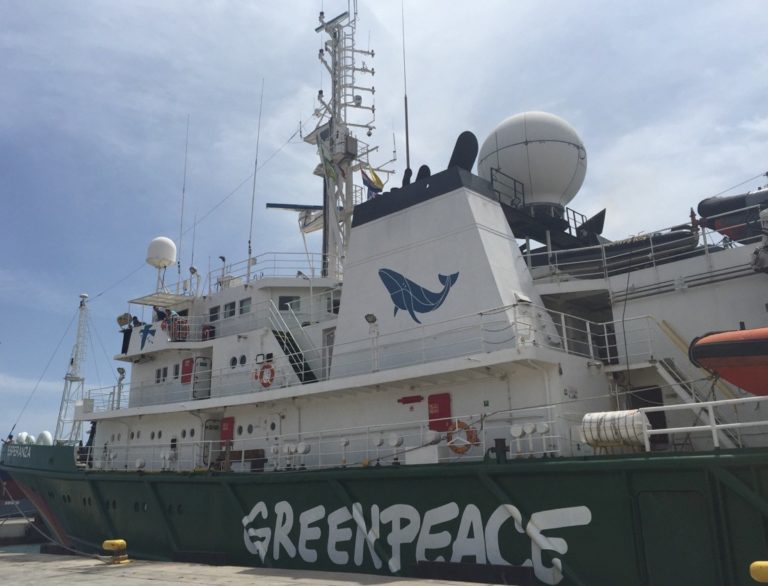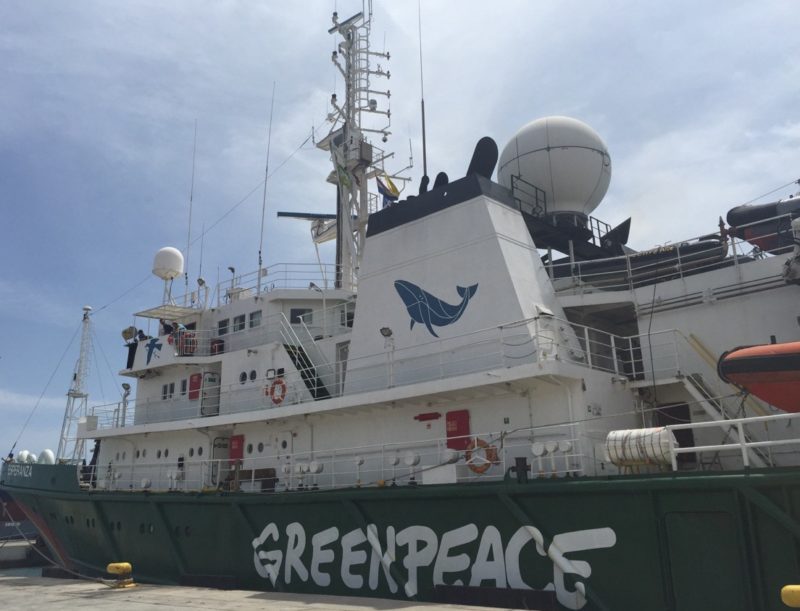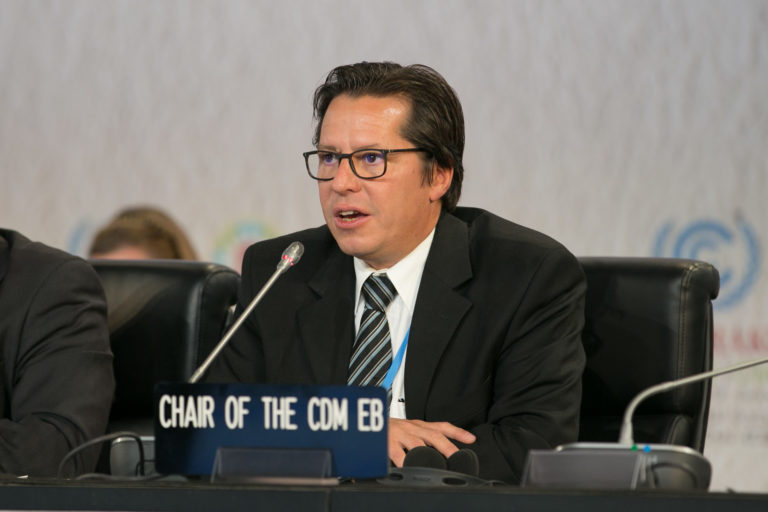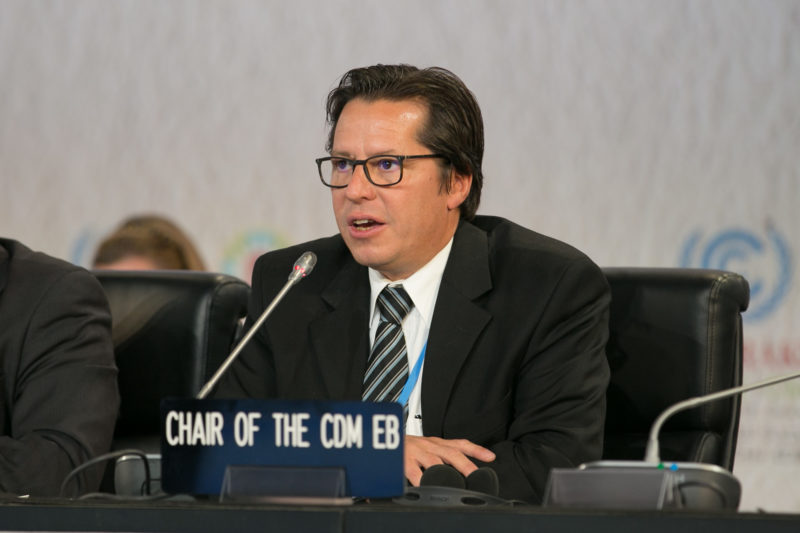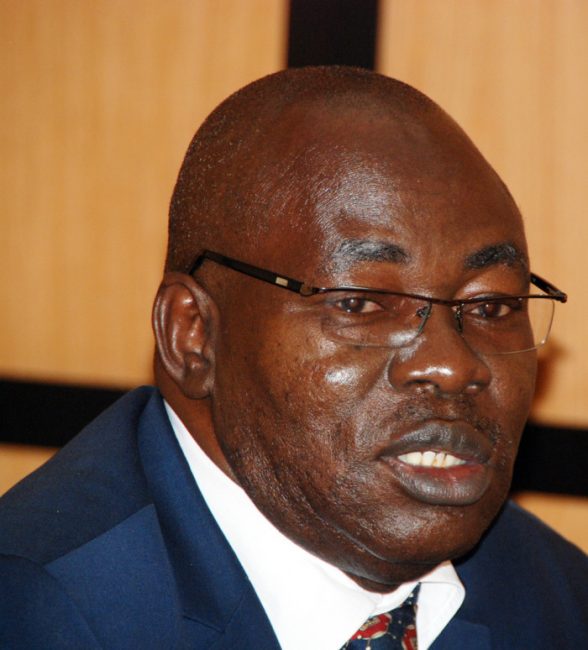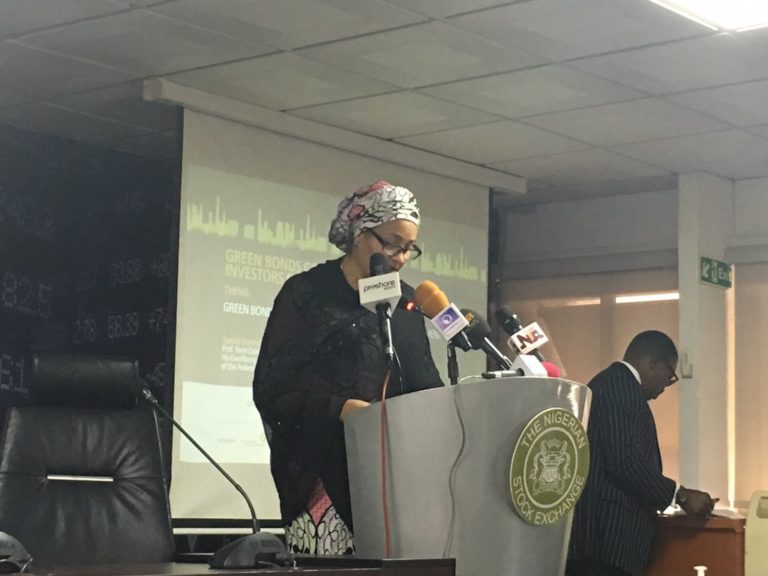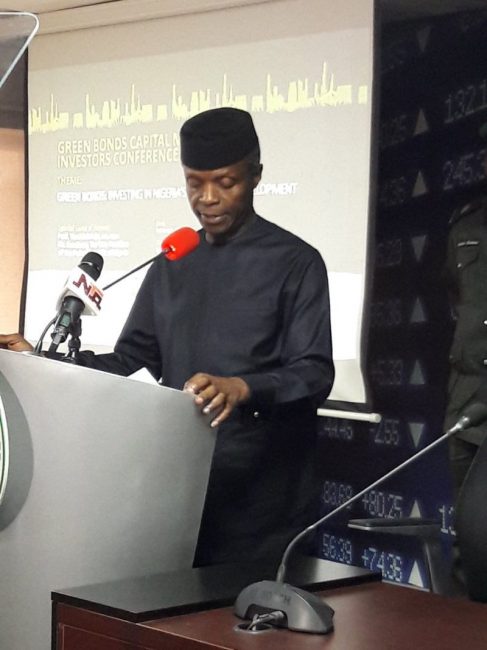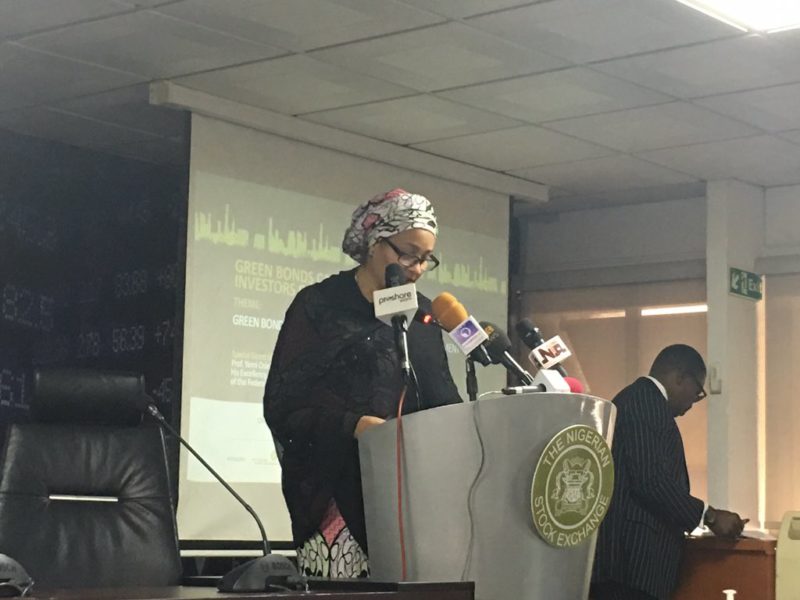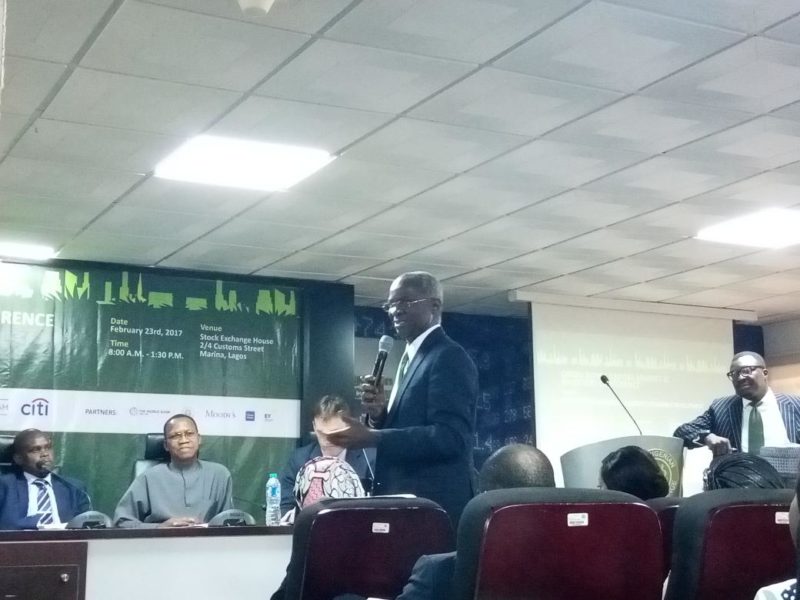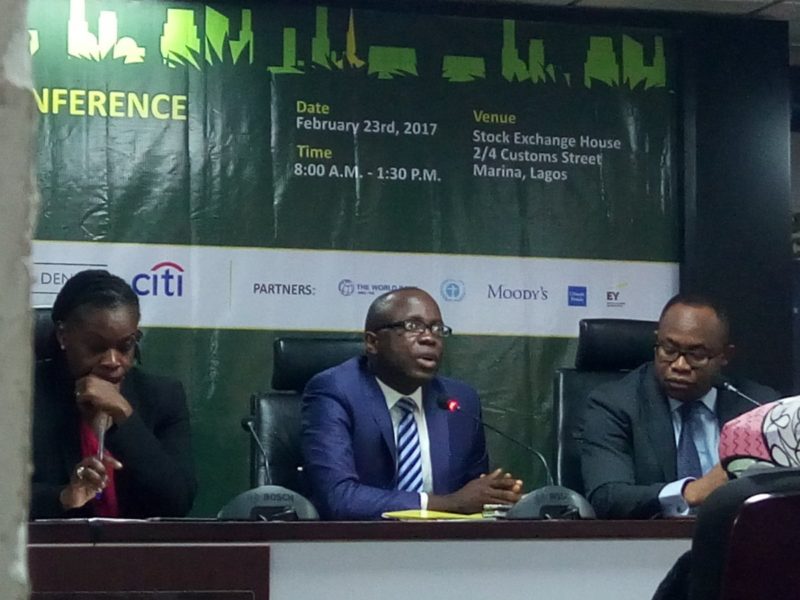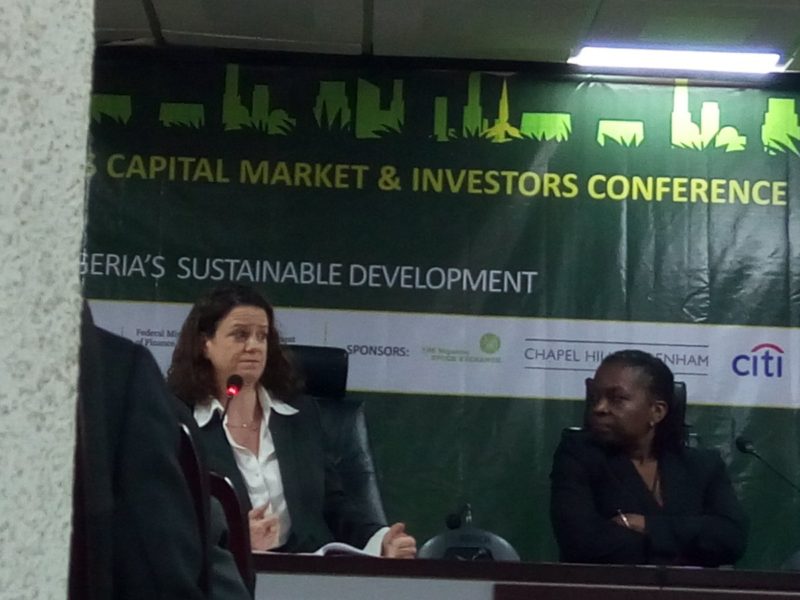Patricia Espinosa, who last year took the helm as executive secretary of the United Nations Framework Convention on Climate Change (UNFCCC), was in the United Kingdom last week to speak with businesses, NGOs and Nick Hurd, the UK climate change minister, on how to sustain and increase momentum on climate action.
Previously a Mexican diplomat and minister, Espinosa is tasked with the challenge of steering the international climate negotiations through the finer details of the Paris Agreement over the next few years, as policymakers work out how best to address topics, such as loss and damage, climate finance, and the creation of a fair “rulebook” to help assess individual country’s pledges.
Carbon Brief spoke with Espinosa on the sidelines of an event organised by the Grantham Institute on Climate Change and the Environment at LSE on Thursday, February 23 2017.
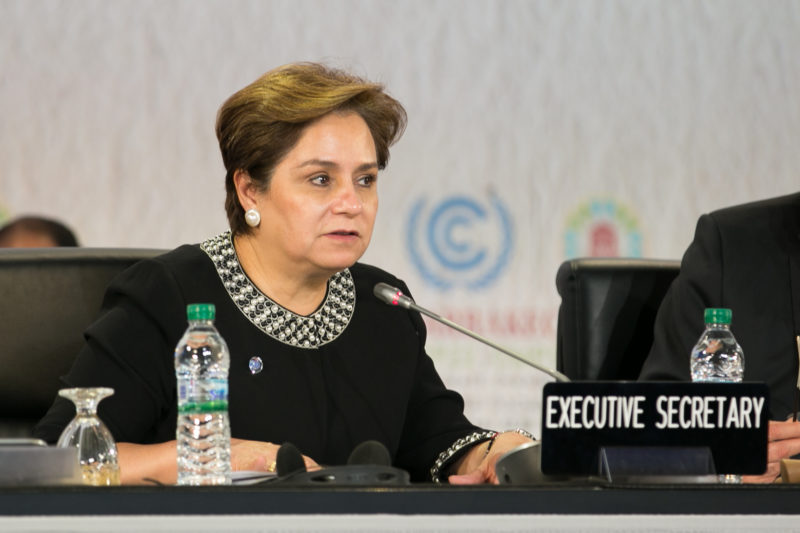
On what happens to the UNFCCC process if the US does renegade on its current commitments and pulls out of the Paris Agreement, as promised by Donald Trump on the campaign trail last year:
Well, when we look at the consequences of a possible change in the US position in the climate change process, of course we would hope that they would keep their commitments, they would keep their active participation. The US is an important partner for the institution.
At the same time, we also have to realise and fully take account of the fact that the Paris Agreement is an agreement that has been signed and ratified as of today by 132 countries, which means it’s really a very robust commitment in the international community. So the negotiations will continue, the commitments will continue: not only the fact that the agreement is in force, but also countries have come forward reaffirming their commitments and their willingness to really comply with them. So I would not say that there is not going to be an impact, but, at the same time, I do want to stress that the agreement is in force and will remain an obligation for the great majority of the international community.
On the controversial issue of loss and damage, following approval of a five-year workplan on the issue at the COP22 climate conference in Marrakech last year:
(This) has been presented as a very high priority by quite a number of countries. There is a process going on, so there will be a meeting of the executive committee in March where they will look at the ways of putting forward an action plan or a work programme, in order to develop the action plan, according to the decisions that were taken in Marrakech.
On whether the Paris Agreement’s 1.5C aspirational goal is feasible, and how the upcoming International Panel on Climate Change (IPCC) report on this topic (due in 2018) can help policymakers:
First of all I would say that, of course, we need to wait and hear what the IPCC report says. I think this process has also a lot of weight because it has been really based on scientific evidence and the role of the IPCC is very important, and this is why the COP has asked the IPCC to come forward with this report by 2018.
But at the same time I think what we need to stress is that there has been a pace of transformation that in many areas of the economy, in different regions of the world, that was not seen as feasible only a few years ago. So I think that this is where we are trying to concentrate, to promote as much of this transformational developments and as much action at the national level in the communities as possible.
Of course, in order to reach the 1.5C goal we need to have an increase in the ambitions that countries have put forward, we have to report also very important breakthroughs in terms of technology, we need to be able to mobilise financing that can allow countries to trigger some of the processes that could lead them into increasing their commitments.
On whether Brexit poses any risk to the UNFCCC negotiations:
The UK has a very clear legislation, and it’s a national legislation, so in that sense I think that the commitments and every indication that we have had from the British government makes it really clear that the commitments remains, that this agenda will continue to go forward. Tomorrow I’m going to meet (UK climate change) minister (Nick) Hurd and we have a very good and close relationship, so I would say that, yes, no doubt the negotiations will be complex and difficult, but the fact that the UK has this legislation that clearly puts the process that it will follow in order to fulfil commitments under Paris is really very good news.

